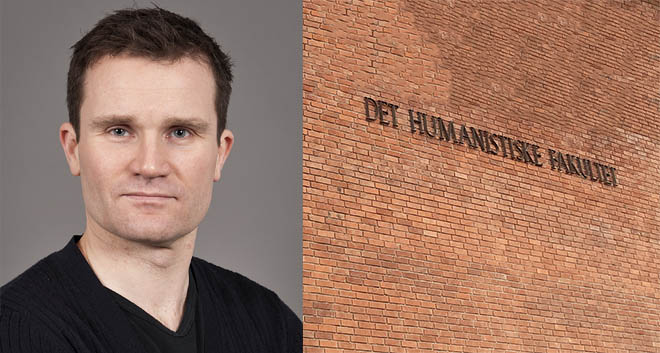
The best lobbyists are those who seek to become politicians' friends.
What is it that makes some lobbyists feel that they are listened to and gain influence while others are met with a shrug of the shoulders and a shake of the head? Ketil Raknes attempts to answer this question in his dissertation Lobbyspeak: Understanding the rhetoric of lobbyists. In the study, he follows the lobbying work against the Standing Commitee for Energy and the Environment at the Storting in two parliamentary periods.
Perhaps the most surprising finding in the study is how much time lobbyists spend trying to get politicians to like them. Lobbyists do not seek conflict and confrontation but try to assume the role of the politician's helpful friend.
- The professional lobbyists often have a background as politicians themselves and understand that conflict and confrontation are not very effective. While journalists and voters mostly criticize politicians, lobbyists take on the role of supporters and friends because it is most effective. Or as one MP explained to me, " for each message with praise, there are hundreds of messages of negativity, so praise is pretty smart”, explains Raknes
Based on his PhD, Raknes believes that the ongoing campaign of the salmon lobby has probably failed.
- Open conflict and a lot of media attention is a nightmare for the business lobbyist. The ideal scenario is to have a friendly and understanding conversation in private, as open conflict often leaves politicians with no choice but to dig in their heels, says Raknes.
An important strategy for assuming the role of politicians' friends is for all lobbyists to wrap their proposals in rhetoric of the public interest.
- A politician told me that in the field of energy and the environment "there is not a single lobbyist who believes that they should create jobs at the same time as they should save the environment". When all interest organizations claim that they are helping to save the world, it becomes more difficult for both journalists and voters to understand where the real conflicts of interest in society go, concludes Raknes.
Ketil Raknes successfully defended his dissertation on 12 January 2023.
Trial lecture
Designated topic: How might an approach employing a rhetoric framework help evaluate the normative implications of lobbying strategies and their role in democratic deliberation?
Evaluation committee
Dr. Kjersti Thorbjørnsrud, Institute for Social Research (first opponent)
Professor Emeritus Christian Kock, University of Copenhagen (second opponent)
Professor Rune Karlsen, University of Oslo (committee administrator)
Chair of the defence
Professor Petter Bae Brandtzæg
Supervisors
Professor Øyvind Ihlen, University of Oslo